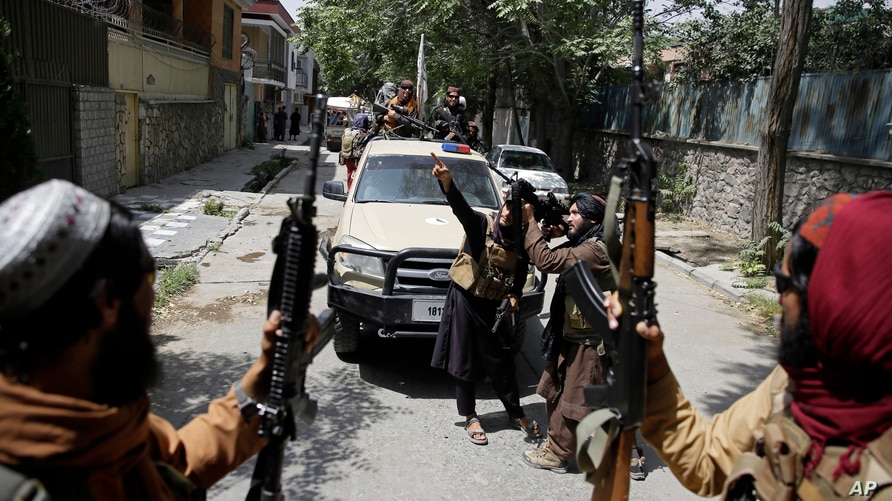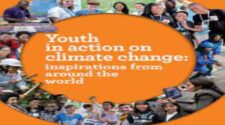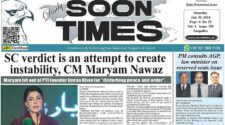By: Anmol Shehzadi
BS Public Administration
University of Okara
 During the past few years, public policy studies have gained significant attention in academic circles worldwide for various reasons. In addition to the growing recognition of the role and significance of public policy formulation and implementation in addressing the multifaceted challenges faced by every country, the increasing assertive role of civil society organizations and the media has been a primary driver for the interest in public policy issues. They seek to understand how public policies that affect the general population are formulated and how the governance apparatus functions, enabling them to make informed judgments and take appropriate actions. In the following three articles, we will examine the processes involved in policy formulation, implementation, and monitoring. We will also explore the activities performed at each stage and outline the criteria used to assess the effectiveness of a policy. Finally, we will discuss the major weaknesses of policy formulation in a typical developing country like Pakistan.
During the past few years, public policy studies have gained significant attention in academic circles worldwide for various reasons. In addition to the growing recognition of the role and significance of public policy formulation and implementation in addressing the multifaceted challenges faced by every country, the increasing assertive role of civil society organizations and the media has been a primary driver for the interest in public policy issues. They seek to understand how public policies that affect the general population are formulated and how the governance apparatus functions, enabling them to make informed judgments and take appropriate actions. In the following three articles, we will examine the processes involved in policy formulation, implementation, and monitoring. We will also explore the activities performed at each stage and outline the criteria used to assess the effectiveness of a policy. Finally, we will discuss the major weaknesses of policy formulation in a typical developing country like Pakistan.
A policy typically consists of general statements regarding priorities, written regulations or guidelines, processes, and/or standards that must be adhered to. At its core, a policy represents a distinct working style that is suitable for implementing desired principles within a specific environment, guiding the decision-making of organizations or individuals. Broad public policy refers to the actions or decisions made by the government to either take or refrain from taking action in order to address a problem. Public policy also encompasses a set of actions that guide related activities in a specific subject area. These policies often address complex and long-term issues, rather than focusing on a single problem. Public policies are the government’s responses to common public issues, such as education, health, and more.
The policy process involves comparing and contrasting various solutions to a set of problems. Essentially, public policy refers to the laws, guidelines, and actions decided and taken by governments to serve the interests of the public. Public policy can determine which laws are enacted, where funding is allocated, and which issues are of concern to the general public.
Public policy influences other important decisions and is usually formulated as a response to a specific issue that is of public interest. Its purpose is to offer solutions to problems.
Public policy plays a crucial role in shaping the principles and guidelines of a society, making it an essential component of governance and politics.
Since public policy is developed collectively by governments, institutions, and even ordinary citizens, it provides an important and effective means for individuals to voice their opinions. While politicians and parties may change over time, the public policies they uphold can endure long after they leave power. Therefore, it is important to exercise one’s vote judiciously and support candidates who align with the policies that matter most to them.
Public policies, such as progressive tax systems, are based on the principle that those with higher incomes should pay higher tax rates compared to those with lower incomes.
Public policies, such as worker protection laws, minimum wage regulations, and limits on working hours, aim to prevent worker exploitation and safeguard their rights.
During this initial step, the problem is identified, its nature and history are described, and factors such as the affected parties, public awareness, and the potential for policy-driven change are considered. Clearly defining the issue is crucial for formulating an effective policy response.After identifying the problem, the next step involves formulating a policy to address the issue. This step typically involves discussions and debates among government officials, interest groups, and citizens on the best approach to resolving the problem. The purpose of this step is to establish clear goals, develop strategies to achieve them, and consider alternatives, potential obstacles, and methods for evaluating the effects of policy changes..v Policy adoption involves evaluating alternative policies intended to alleviate or solve social and economic problems within society. This phase includes formulating and communicating useful advice to aid decision-makers in choosing the most suitable policy option. Establishing viable criteria for analyzing alternatives and considering the economic and social benefits and outcomes of the policy are essential components of this step. During this step, relevant agencies and organizations are involved, and responsibilities are assigned to each entity. Successful implementation requires close communication and coordination among the involved agencies, adequate funding and staff, and overall compliance with the desired policy objectives. In countries like Pakistan, implementation issues often pose significant challenges. In this step, the policy is evaluated to assess its effectiveness after implementation. The evaluation considers whether the policy has successfully addressed the identified problem and if it has been implemented properly to achieve the intended objectives. Various evaluation methods, such as cost-benefit analysis, multi-criteria analysis, economic impact assessment, and development forecasting, can be employed. Policy managers and independent evaluators often collaborate during this stage, which also involves evaluating the overall impact of the policy.
Regardless of the specific definition used, public policy processes in all countries share certain common features, including:
Policies can take the form of either overarching development strategies, such as Pakistan’s Growth Strategy prepared by the Planning Commission, or specific documents that address particular issues, such as the Food Security Policy, Poverty Reduction Strategy, National Housing Policy, Climate Change Policy, and more.Policy formulation and implementation are deliberate actions initiated by competent authorities and approved by public representatives, typically the minister in charge of a ministry or the cabinet. It is not a random act of an organization.
Although not legislation enacted by the parliament, a policy possesses its own sanctity and can serve as a reference for dispute resolution in a court of law. In some cases, a policy, or parts of it, reflecting the value judgments of the ruling regime, may be converted into an act of parliament.
While policy formulation is the exclusive domain of elected representatives, its implementation is carried out by the state apparatus, which formulates strategies to realize the goals and objectives set out by the policy. Policies and strategies are distinct, with policies providing general guidance on what needs to be done and why, while strategies outline the specific measures to be taken.
Understanding public policy is essential as it shapes the direction and actions of governments, impacting various aspects of society. By engaging in the policy process, individuals and organizations can contribute to decision-making and influence the policies that matter to them, ultimately shaping the society in which they live.
Understanding the Policy Process











